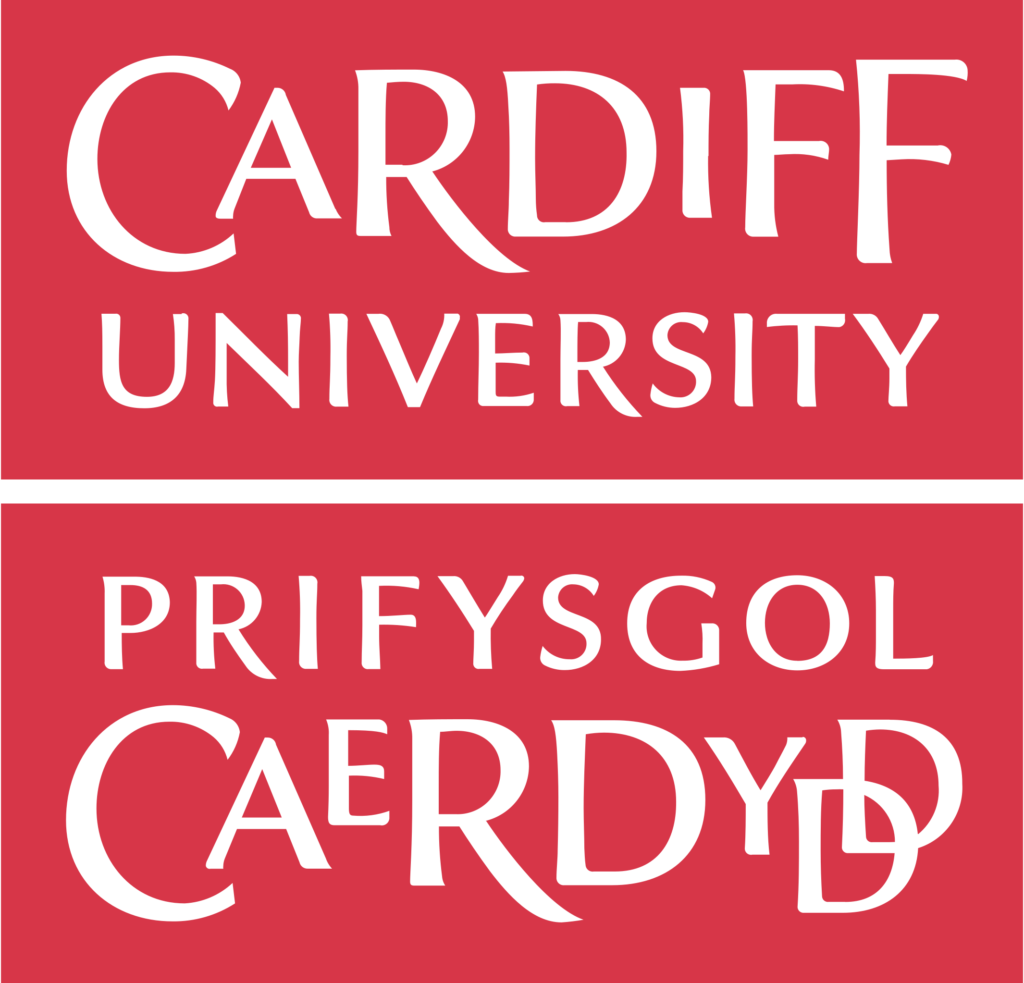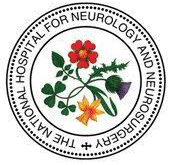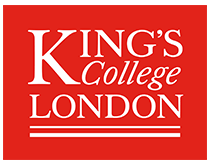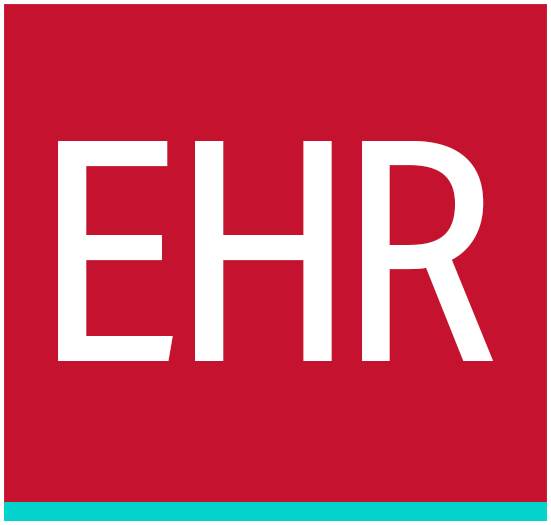Journal Supplements
I have edited 2 supplements of Epilepsia: one on the development and launch of the Institute of Epileptology of King’s College, London (1995); and the other on the development and launch of the ILAE/IBE/WHO Global Campaign Against Epilepsy. Out of the Shadows (2002).
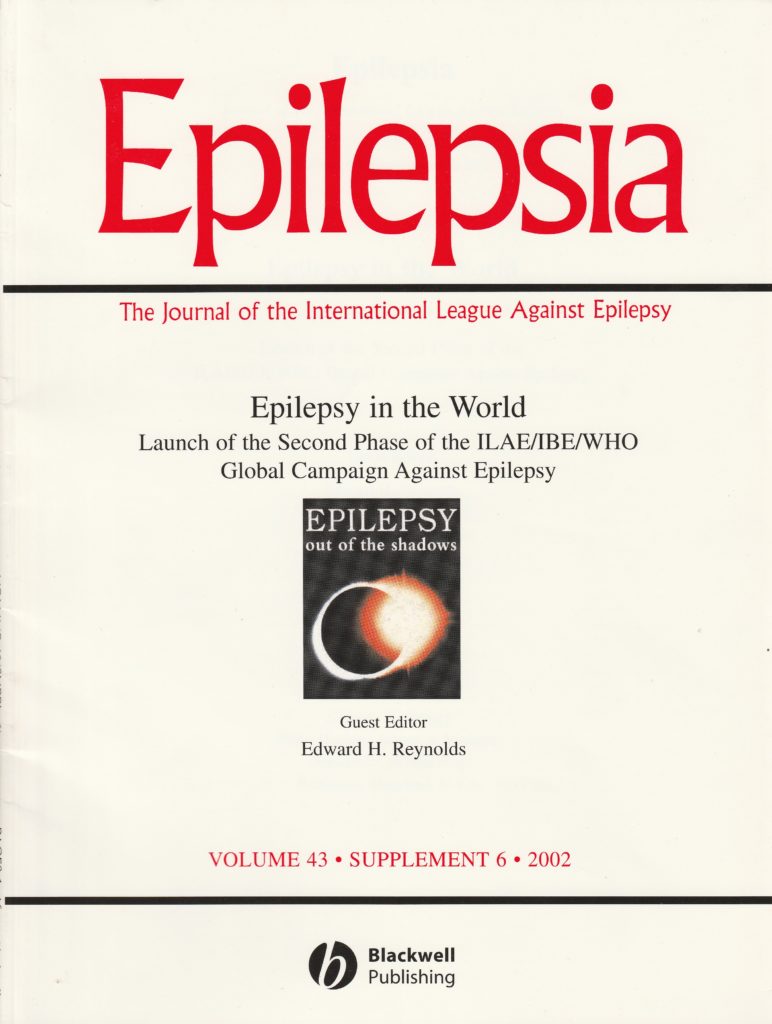
Epilepsy in the World
Guest Editor : Edward H. Reynolds
Publisher : Blackwell Publishing
ISBN : 0 471 90817 7
Volume 43 – Supplement 6 Year: 2002
https://www.sciencedirect.com/science/article/pii/S1525505000901045
Epilepsy is a global problem affecting all ages, countries, races and social classes. In 1997 the ILAE, IBE and WHO joined forces to launch a Global Campaign to bring Epilepsy ‘Out of the Shadows’ of ignorance, misunderstanding, stigma and discrimination. The first phase of the Campaign was aimed at raising awareness and education, and it led to Regional Declarations against Epilepsy in Europe, Africa, Latin America, Asia-Oceania and North America. In 2001 WHO raised the status of the Campaign to its highest level and launched the second phase of the Campaign to encourage all National Departments of Health to develop their own services for the diagnosis, treatment, care and prevention of Epilepsy and also to promote Demonstration Projects.
This Supplement describes the proceedings of the second phase launch in Geneva on February 12th 2001, led by the Director General, Dr. Gro Harlem Brundtland, whose address is a milestone in the social history of epilepsy. The background, development and future plans of the Campaign are described by the leading Officers of WHO, ILAE and IBE and of the Campaign. Also included are the proceedings of a simultaneous Symposium on the Global Public Health Challenges of Epilepsy, including the global burden of epilepsy, the psychosocial burden of epilepsy, the treatment gap, the special problems of children and adolescents, and the role of political action.
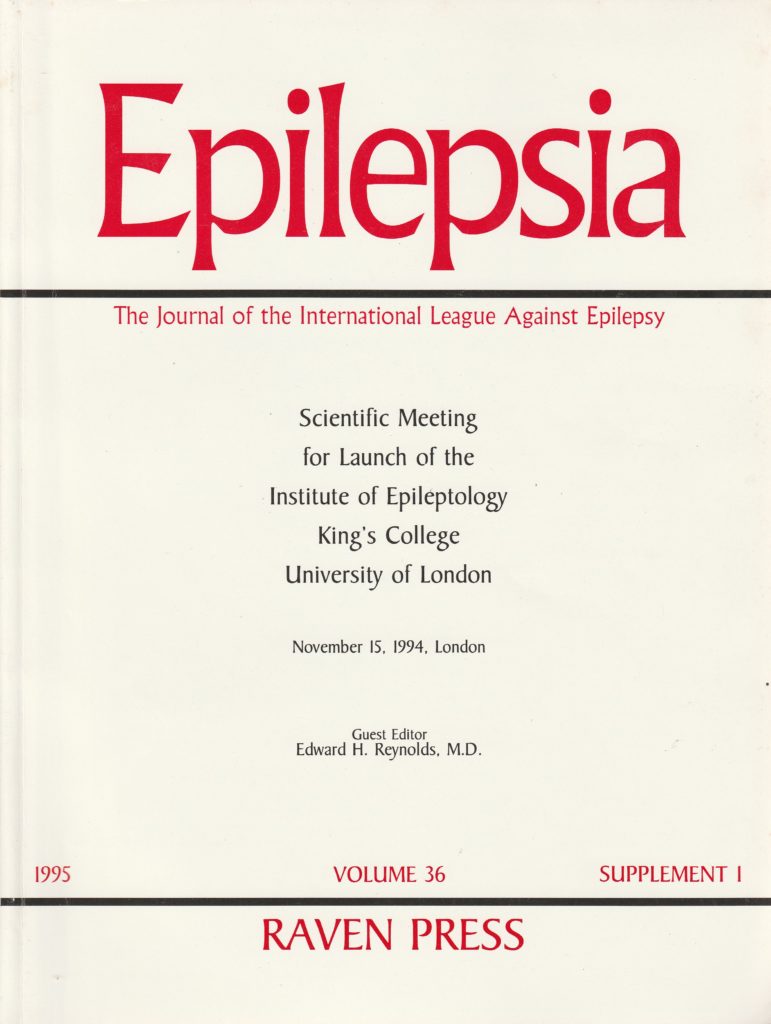
Scientific Meeting for the launch of the Institute of Epileptology,
King's College University of London
Guest Editor : Edward H. Reynolds M.D.
Publisher : Raven Press
ISBN : 0 471 90817 7
Year: 1995 Volume 36 Supplement 1
https://onlinelibrary.wiley.com/doi/abs/10.1111/j.1528-1157.1995.tb01644.x
Summary:
In the summer of 1991 a group of 10 professional colleagues working in several closely related medical institutions in South London and involved in nearly every aspect of the multidisciplinary subject of Epilepsy agreed to combine their expertise in a major initiative that had three strands. First, a charity, The Fund for Epilepsy (No. 1015822), was registered in December 1992. Second, a new comprehensive Clinical Centre for the treatment and care of children and adults with epilepsy was formally launched at the Maudsley Hospital on July 12th 1994 by John Bowis OBE MP, the Health Minister with Special Responsibility for Neurosciences. Third, on November 14th and 15th 1994 the world’s first university-based academic Institute of Epileptology was launched by two events. The first was a Reception at the House of Commons sponsored by Sir Donald Thompson, MP, and addressed by the Secretary of State for Health The Right Honourable Mrs Virginia Bottomley, MP. On the following day at Kings College, University of London, the formal launch proceedings involved the Principal of Kings College, Professor Arthur Lucas; the Director of the new Institute, Dr. Edward Reynolds; the Chairman of the Management Committee of the Institute, Evan Stone, QC, MA; and, again, the Minister with Special Responsibility for Neurosciences, John Bowis. This was followed by an all-day scientific meeting involving members of the Institute staff and distinguished epileptologists from abroad. Both events were attended by the Executive and Long-Range Planning Committees of the International League Against Epilepsy and the International Bureau for Epilepsy, who had assembled in London for a two-day long-range planning conference.
This supplement of Epilepsia comprises the formal proceedings and the scientific papers that marked the launch of the Institute. The topics reviewed at this first scientific meeting of the Institute reflected the interests and expertise of those members of the Institute staff and the invited guest speakers who kindly contributed to the event. Inevitably only selected aspects of the multifaceted field of epilepsy could be included, but the subjects chosen, i.e. society, literature, education, concepts, basic mechanisms, prognosis, neurosurgery, neuropsychiatry, paediatric syndromes, behaviour, and the community, are all highly relevant to the goals of the new Institute.
